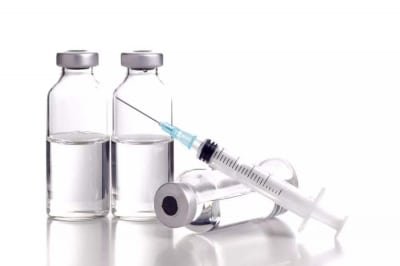New York, April 12 (IANS) Vaccines prevent thousands of deaths every year and yet some people find them risky because they overestimate the likelihood of negative events, particularly those that are rare, new research has found.
The fact that these overestimations carry over through all kinds of negative events — not just those related to vaccines — suggests that people higher in vaccine skepticism actually may process information differently than people lower in vaccine skepticism, said Tyler Davis, Associate Professor at Caprock FMRI Laboratory, Texas Tech University in the US.
“We might have assumed that people who are high in vaccine skepticism would have overestimated the likelihood of negative vaccine-related events, but it is more surprising that this is true for negative, mortality-related events as a broader category,” Davis said.
“Here we saw an overestimation of rare events for things that don’t have anything to do with vaccination. This suggests that there are basic cognitive or affective variables that influence vaccine skepticism.”
In their first experiment, the researchers surveyed 158 participants to determine the level of vaccine skepticism underlying their perceived dangers, feelings of powerlessness, disillusionment and trust in authorities regarding vaccines.
Participants then estimated the frequency of death associated with 40 different causes, ranging from cancers, animal bites and childbirth to fireworks, flooding and car accidents.
They found that people higher in vaccine skepticism were less accurate in their estimations of how frequently these causes of death occur.
Specifically, they found that higher vaccine skepticism was associated with an overestimation of rare events.
The second experiment followed the same procedures as the first, but participants additionally estimated the frequency of neutral or positive events — such as papal visits to the United States, triplet births or Willie Nelson concerts — to test whether the negative tone of mortality statistics may play a role.
The researchers found that people higher in vaccine skepticism were less accurate in their estimations of mortality-related events and overestimated the negative events more than the neutral/positive events.
“My takeaway is that vaccine skeptics probably don’t have the best understanding of how likely or probable different events are,” said Mark LaCour, a doctoral student in psychological sciences at Texas Tech University.
“They might be more easily swayed by anecdotal horror stories. For example, your child can have a seizure from getting vaccinated. It’s extremely rare, but it is within the realm of possibility.
“If you were so inclined, you could follow Facebook groups that publicize extremely rare events. These cognitive distortions of anecdotes into trends are probably exacerbated by decisions to subscribe to statistically non-representative information sources,” LaCour said.
–IANS
gb/na
